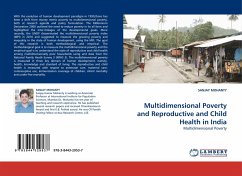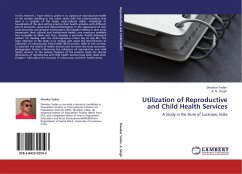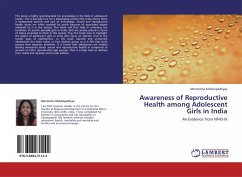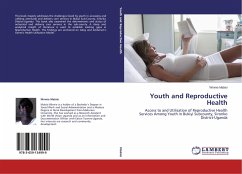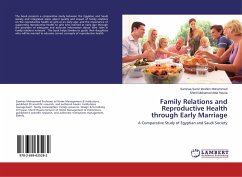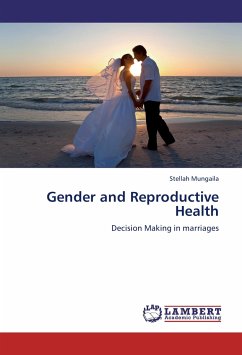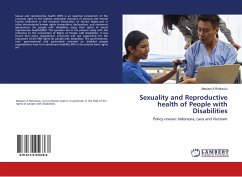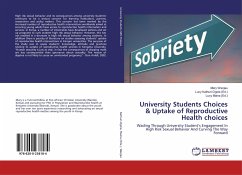With the evolution of human development paradigm in 1990,there has been a shift from money metric poverty to multidimensional poverty, both at research agenda and policy formulation. The Millennium Declaration 2000 outlined the need to reduce poverty in its all form and highlighted the inter-linkages of the developmental goals. More recently, the UNDP disseminated the multidimensional poverty index (MPI) in 2010 and suggested to measure the growing poverty and inequality in the state of human development, using the MPI. The goal of this research is both methodological and empirical. The methodological goal is to measure the multidimensional poverty and the empirical goal is to understand the state of reproductive and child health among multidmensionally poor households using unit data from the National Family Heath Survey 3 (NFHS 3). The multidimensional poverty is measured in three key domain of human development, namely, health, knowledge and standard of living. The reproductive and child health is measured with respect to antenatal care, maternal care, contraceptive use, immunization coverage of children, infant mortality and under-five mortality.
Bitte wählen Sie Ihr Anliegen aus.
Rechnungen
Retourenschein anfordern
Bestellstatus
Storno

